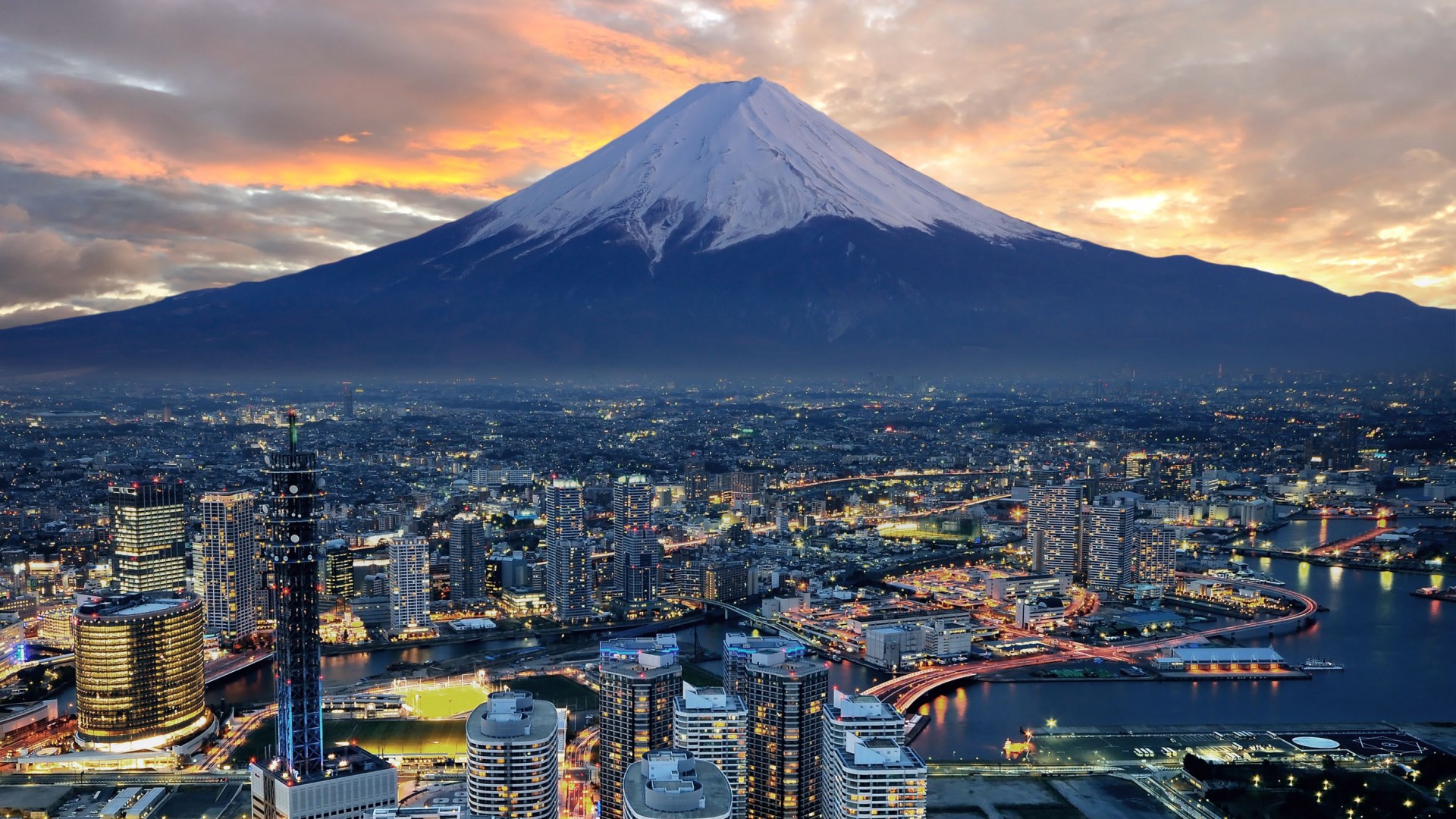Employment system in Japan
Japanese people work very hard. Traditionally Japanese companies, especially large corporations hire new graduates, and they stay at the same companies until their retirement age. Recently it is more common for people to seek jobs through temporary agencies, so traditional Japanese employment practices of life time employment has eroded. But my father has worked for the same company for almost forty years, and it was common for people in his generation to work for the same companies for life. So being employed by an established corporation or a government agency used to be considered a success. Because of Japan’s stagnant economy, the lifetime employment has been fading out as the number of temporary agencies has increased significantly. But still it is not common for Japanese people to switch companies to gain promotions or move into a different career path. It is changing, but the concept that the women should stay home to care of the children is still deeply rooted in Japanese society.
In Japan, there are mainly two types of white collar employment. The first one is called “sougou shoku” which is translated as “comprehensive job” and the second one is called “ippan shoku”, which is usually assumed by women. Because of this deeply rooted stigma toward women, Japanese women are traditionally expected to seek “iipan shoku” jobs and then retire from the company in their late 20s (now it is more common to have the first child in their 30s). Working for Japanese companies is extremely demanding. Although I haven’t lived there for so many years, I understand this from my sisters and father who have worked for Japanese companies for years. Especially it is difficult for women to pursue “sougou shoku” careers because of mandatory drinking after work and many hours of overtime. It is important for Japanese employees to maintain “wa” (harmony) so career track permanent employees especially in sougou shoku are expected to attend socializing events after hours. This practice is very difficult even for men, because they are subject to relentless pressure to conform to long hours of service in the workplace. My father enjoys drinking, so he didn’t have a lot of problems, but I can imagine that it would be much more difficult if he was not into social scenes and drinking.
But there are definitely pros and cons in both Japanese and American employment systems. Japanese employment is becoming to be more like American system, but because of the deeply ingrained mentality in Japan, it will continue to be challenging for women to seek career advancement while assuming domestic responsibilities. There are more female CEOs, and female executives nowadays in Japan so it’s changing but overall working for Japanese companies is known to be much more stressful.







